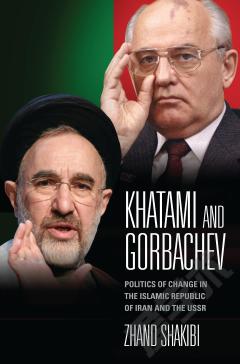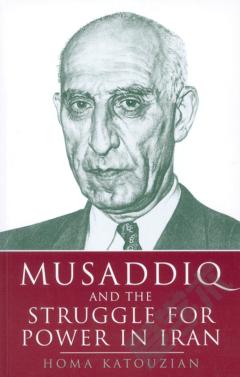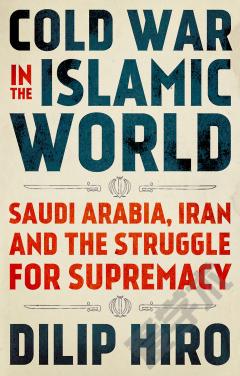Iran, Saudi Arabia and the Gulf —— Power Politics in Transition
----- 伊朗,沙特阿拉伯和海湾
Great Britain's decision, announced in 1968, to withdraw its forces from the Gulf by 1971 was a turning point in the modern history of the Middle East. The lengthy British imperial presence had guaranteed a prolonged stability for the Gulf unmatched elsewhere in the region. Now, in the space of four years, regional players had to find rules of common coexistence; a viable state had to be created from scattered emirates along the Arab coast and relations with the outside world redefined. The history of the Gulf from 1968-71 is usually treated as the final episode of the British Empire's hold on the Middle East. Yet with the United States immersed in the Vietnam war, and the Soviet Union pursuing a policy of caution, there was no world power waiting to succeed Britain. As a result, Gulf politics 'went local'. This book examines how, in the context of interplay between its ambitions and the regional and international environment, Iran influenced efforts to reorder the Gulf's political landscape. Its central argument is that a better understanding of the new Gulf order can be achieved by emphasizing local concerns and the degree to which regional powers influenced the policy of external powers in those formative years.
{{comment.content}}








 京公网安备 11010802027623号
京公网安备 11010802027623号